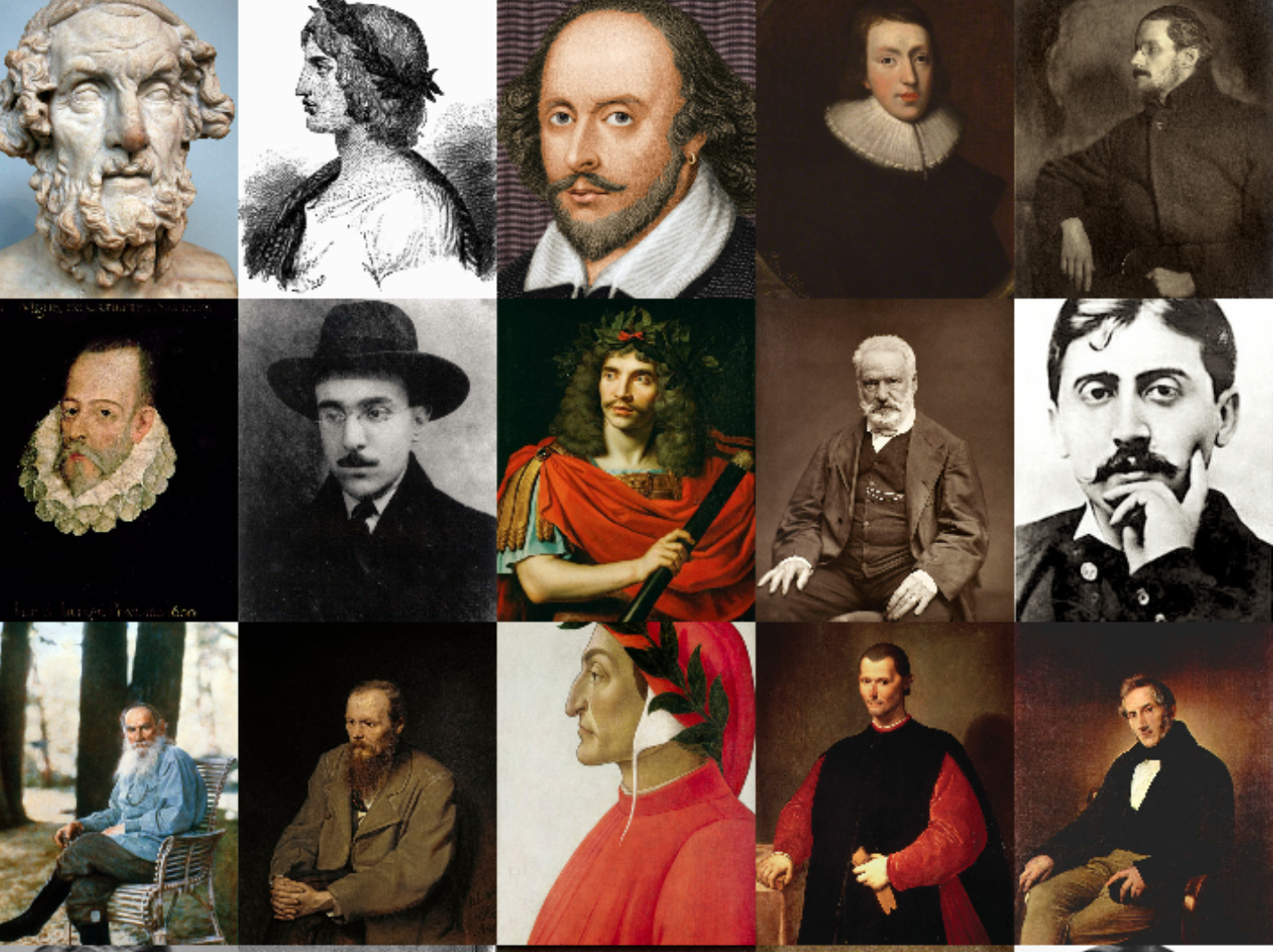
As a history PhD, I’m used to hearing that I should have studied STEM (science, technology, engineering, or math) instead. We humanities graduates often retort that our skills are underappreciated, but our arguments ring hollow in the face of a difficult job market. Facing this reality, ambitious students rapidly abandoned arts majors throughout the 2000s, causing universities to slash funding for the likes of literature and civics. Even as students learn ever less about America’s history and constitution, there has never been a compelling argument for the practical use of the humanities like there is for STEM.
Now, rising political instability has begun to change that calculus. Reinvesting in civics and the liberal arts could help arrest political chaos that has imposed very real costs on American society.
Ignorance of our country’s political tradition is increasing: Precipitous declines in humanities enrollments in colleges are accompanying lower scores in reading and writing on standardized tests. The result appears to have destabilized American politics: In 2021, a crowd stormed Congress, claiming that allies of President-elect Joe Biden had stolen the November election. Two years later, students seized buildings at colleges across the country to publicize their claims that Israel had undertaken some combination of theft, colonization, and genocide. At the European university where I was studying, anti-Semites even stormed a building where I sometimes taught classes. Thus, not only the United States, but most Western countries face growing political viciousness.
Yet the problem seems particularly severe in America: Had the rioters learned about Andrew Jackson’s ill-founded contention that his rivals had stolen the 1824 presidential election through a “corrupt bargain” or that false claims about the Jews similar to their own had proliferated in 1930s Europe, it is hard to believe they would have perpetrated such violence. As a historian, it pains me to see Americans neglecting centuries of warnings about polarization or, as the ancient Greeks called it, “stasis.”
Although political polarization threatens nearly all facets of American life, its economic costs are the easiest to measure. For example, both Democrats and Republicans recognize that they will need to reform programs like Social Security and Medicare—which account for the majority of federal spending—but political mistrust has prevented them from reaching a compromise. The longer Congress waits, the higher the costs future taxpayers must bear. For both private donors and the government, the costs of teaching civics and the liberal arts pale in comparison to trillion-dollar deficits and last year’s $880 billion in debt service payments alone.
And yet, instruction in history, government, and America’s cultural heritage could help allay the problem. After all, although more than 60 percent of today’s high school graduates will enroll in post-secondary education, many will not take any humanities classes beyond the high school level. While turning most students into literature and history majors might help mitigate political chaos, it still wouldn’t address the humanities’ employability problem: hospitals won’t be hiring fresh history majors as surgeons, regardless of the social benefits. Instead, colleges could require all students to take classes in history and politics as part of a curriculum designed to develop them into good citizens. The University of Chicago and Columbia, for example, already require students to take a “core curriculum,” which includes classes on history and culture.
Although elite institutions provide a rough model, redesigning less prestigious forms of postsecondary education and training would provide the greatest benefits. Policymakers are already trying to promote apprenticeships and encourage community colleges to offer programs in the skilled trades. Requiring students to learn about the country’s founding principles and current political system, alongside training in fields such as nursing or welding, would equip them to be more effective citizens.
Of course, classes in the arts offer no guarantee against radicalization; Columbia, a pioneer of the core curriculum, saw some of the worst outbursts of anti-Semitism. Compared to STEM, the humanities have acquired a deserved reputation for extremism and the spread of falsehoods. However, the problem largely results from how humanities departments have shrunk; over nine years studying the arts, I noticed how my practically minded peers increasingly chose other subjects, leaving behind only a few culture lovers like me, alongside radicals who view the humanities as a platform for activism. Expanding teaching in history and culture would necessarily draw a broader group into the profession. It’s hard to imagine that a state university graduate teaching apprentice plumbers about the Stamp Act, a 1765 British-imposed tax law, would result in hatred like that seen at Columbia.
Supporting history and civics wouldn’t require reorienting the U.S. economy; the country still needs engineers, surgeons, and bankers. Even if America reinvests in teaching our nation’s political tradition, I wouldn’t shy away from hard questions about my employment prospects. But when conversations turn to politics, more respectful discussions might replace the anger and conspiracy theories that pervade today.
Image: “Western Canon collage” by Barjimoa on Wikimedia Commons
“radicals who view the humanities as a platform for activism”
That is the problem — and the question is how to deal with them.